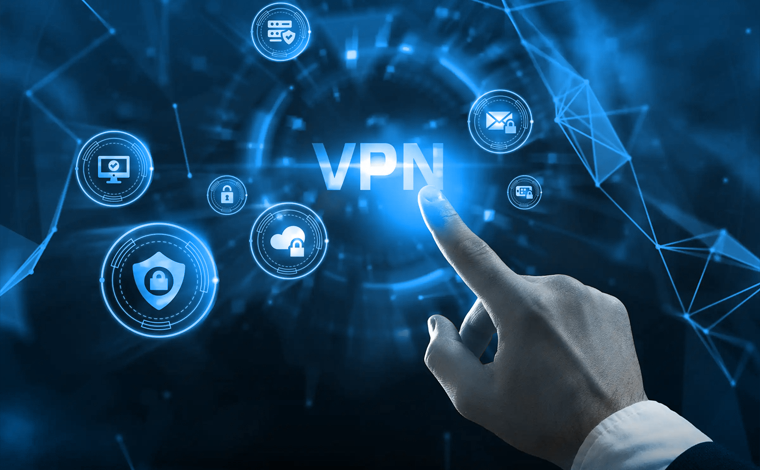VPN
A VPN (Virtual Private Network) certificate is a digital certificate used for authentication and securing communications between a VPN user and a server, device, or another user. It is also known as a type of digital certificate used to establish a secure and encrypted connection between a remote user or device and a private network.
When a user connects to a VPN network, the VPN service on their device presents a digital certificate to the VPN server. This certificate contains information about the user's or device's identity and is used to authenticate the connection.
VPN certificates are important for several reasons, including:
- Authentication: VPN certificates are used to verify the identity of both the VPN server and its user. Using certificates, both parties can ensure they are communicating with the intended party and not with an impostor or interceptor.
- Encryption: VPN certificates are used to establish an encrypted communication channel between the VPN server and its user. Encryption ensures that any data transmitted between the parties is secure and cannot be intercepted or tampered with by unauthorized parties.
- Trust: VPN certificates are issued by trusted Certificate Authorities that are recognized by major browsers and operating systems. This means that when a VPN server presents its certificate to the user, the client can verify the certificate's validity and ensure it was issued by a trusted source.
- Compliance: In many countries, there are regulatory requirements for secure communications and data protection. Using VPN certificates can help organizations comply with these regulations and avoid costly fines and legal penalties.
